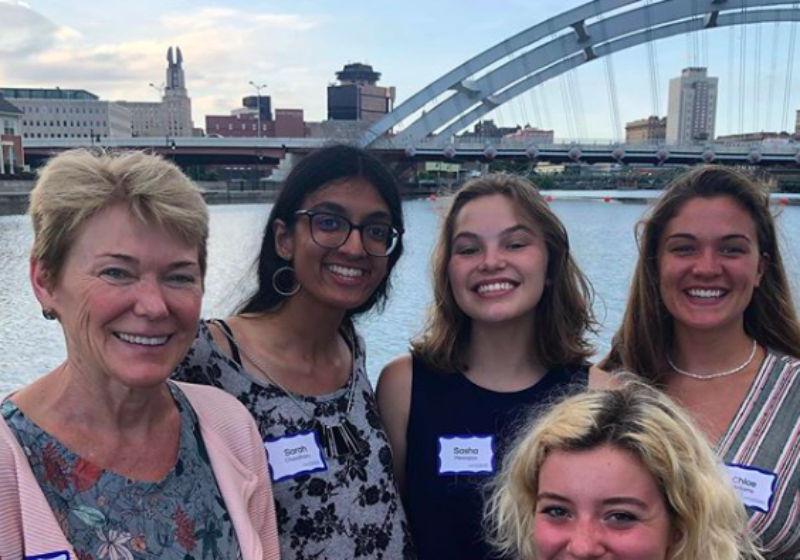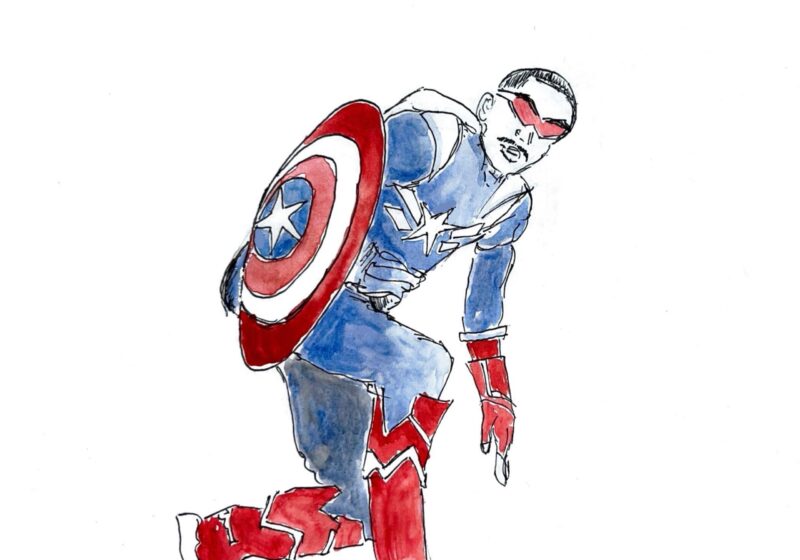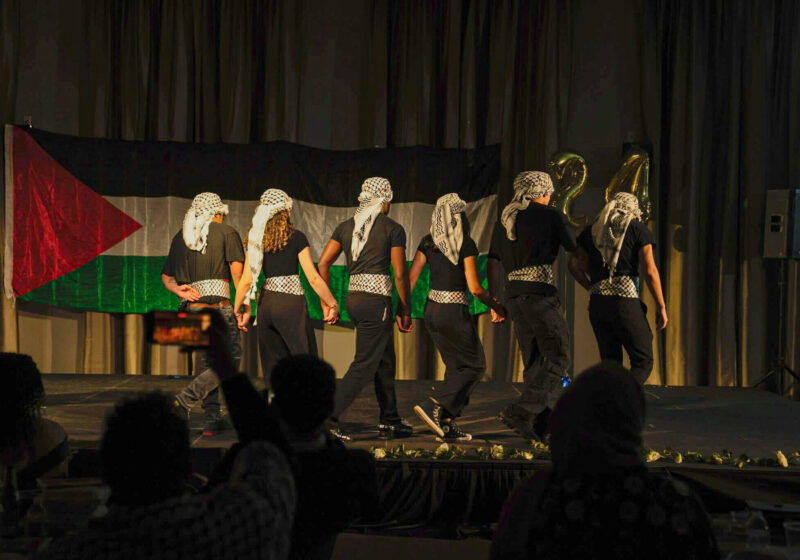For President Sarah Mangelsdorf, college life started before she enrolled. Her childhood home was close to Swarthmore College, where her father was a professor.
Mangelsdorf took swim and dance lessons on the campus, and watched movies there. As a high schooler, she got a job in the college dining hall, serving “overcooked peas” from behind a steam table.
Now, Mangelsdorf said, she thinks of these experiences as subtle messaging for her career in university administration, and especially her latest role as UR’s first female president. And since she assumed the post on July 1, she said, she has been learning about UR.
“What I’ve been trying to do and will continue to do throughout this year is to meet with different groups of people — any groups that will meet with me — to tell me […] what do they love about Rochester, what do they think makes it a great University to be a student, to be faculty, to be a staff member, and what are the things that they think we should work on,” Mangelsdorf said.
So far, she’s met students, faculty, staff, and groups on and off campus through various events as part of her “listening-and-learning tour,” which started the day she took office. Some events include a boat tour on the Erie Canal, an undergraduate research symposium, Dean Jonathan Burdick’s farewell reception, and a trip to the UR Medical Center.
The city of Rochester is another area of interest for Mangelsdorf, she said, as she wants to find ways to strengthen UR’s connection with it.
Mangelsdorf told of meeting with Mayor Lovely Warren and Rochester’s Congressman Joe Morelle. She also talked about a recent dinner with business leaders from the Rochester area and beyond where she said they discussed the economic development of the city, keeping and attracting start-up companies here, and increasing the number of employment opportunities.
While Mangelsdorf said her various meetings with community members have given her ideas of issues she wants to tackle, she also spoke of her own plans, like expanding access and affordability.
“A high priority for me will be to raise more money for scholarships,” Mangelsdorf said. “In order to support those efforts and say, ‘We want you regardless of whether you can pay,’ we need to put resources behind that.”
She cited getting more donations from alums as a source of scholarship aid.
Mangelsdorf also said she wants to work on ensuring that separate schools of UR are better publicly known to be a part of UR.
“I think we have all these wonderful units, but it’s almost like they all act sort of like separate little entities,” Mangelsdorf said. “I mean I’ve met musicians who think very highly of Eastman and have no idea [that] it’s a part of [UR]. That, to me, is a problem.”
On top of improving UR’s national and international visibility, Mangelsdorf wants to focus on integrating UR’s different entities for students.
When asked about creating a culture of trust and transparency at UR, Mangelsdorf praised former president Richard Feldman for laying groundwork, and said she wants to discover the best way to communicate with students about possible policy changes and important information.
“There will be some instances where there might be something that is being discussed that for legal reasons might have to be kept confidential and it’s not for my lack of wanting to be transparent,” Mangelsdorf said. “But I will do my best to share as much information as I can with the campus community.”




